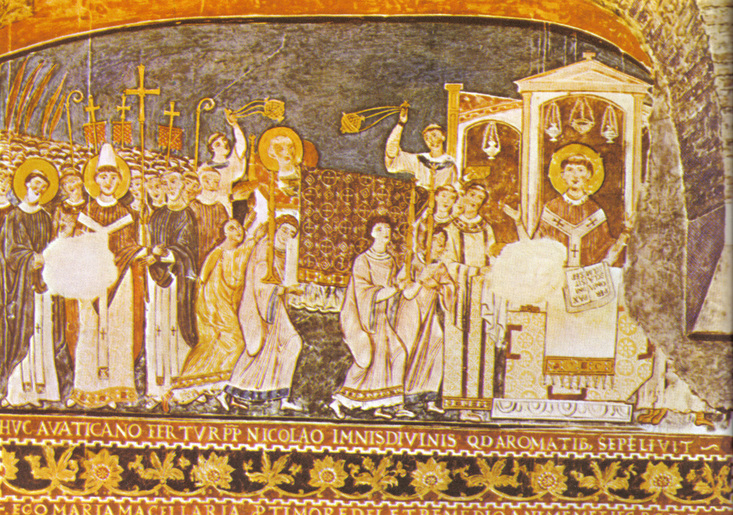posts
|
On Wednesday at the Evangelical Theological Society annual meeting at San Antonio, I'll present a paper entitled, "Explaining the Trinity to Muslims and Jews in Medieval Christian Mission: Lessons from the Life of Cyril." Because the paper will be published in the January edition of the International Bulletin of Missionary Research, I'm unable to post the full text here, but the abstract below offers a taste of the presentation.
Cyril (ca. 826-869), along with his brother Methodius (815-885), is remembered in Christian and mission history for laboring to develop a Slavonic alphabet, which gave Slavic peoples Scripture, liturgical manuals, and a written language in which to express and grow their culture. What is less emphasized, however, and the focus of this paper, was Cyril’s prior mission work among Arab Muslims in Samarra (modern Iraq) as well as among the Khazars—which included both Jews and Muslims—in what is now southern Russia. Responding to the Byzantine emperor’s call to go to the Arabs, Cyril replied, “I will gladly go forth for our Christian creed.” Later, the emperor described Cyril’s mission to the Khazars in these terms: “Go forth, philosopher, to these people, speak to them and explain to them the Holy Trinity. In this paper, I will analyze how Cyril the philosopher presented the gospel, Christ, and the Trinity and responded to the queries of these Medieval Muslim and Jewish thinkers. What characterized Cyril’s approach to mission? Finally, what principles might be recovered for presenting historic Christian doctrine in mission today particularly in Muslim contexts? Comments are closed.
|
Archives
November 2023
|

 RSS Feed
RSS Feed
